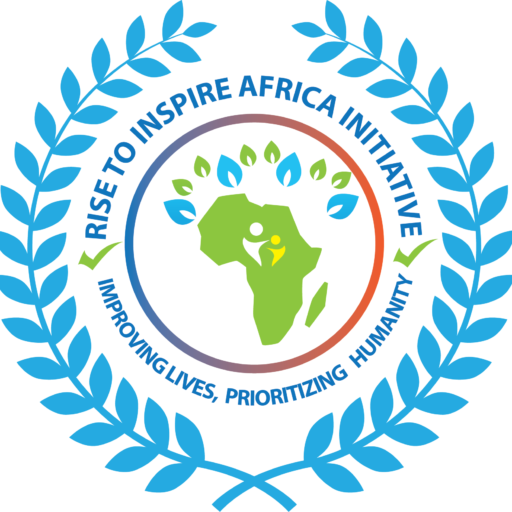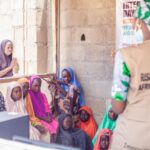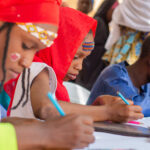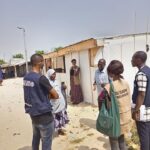Stay updated with news and events happening around us.
Our Focal Area
Education in Emergency
Education is said to be the key to driving development in any nation. The majority of nations that have attained self-sufficiency have a continuous and efficient education system. With robust educational development, we can be sure of growth in the economy, a reduction in the crime rate, increased life expectancy, the availability of high-quality health care systems, improved and equal opportunities, and the availability of skilled human resources and a skilled workforce, among several other benefits.
Although education is said to be free in Nigeria, the country has about 20 million out-of-school children, the 3rd highest number in the world, according to UNESCO. Bearing in mind these disturbing and alarming figures, we at Rise to Inspire Africa Initiative, have made it our mandate to continue to support government and development partners’ efforts in driving quality education support to vulnerable and out-of-school children.
Most nations that have acquired a high level of self-sufficiency frequently take pride in their ongoing and effective educational systems.
We can be certain of economic growth, a decline in crime, the availability of competent labor, among many other advantages, with a strong educational development.
At RIA Initiative, we recognize that access to education is one of the first casualties in times of crisis, leaving children and youth vulnerable and without a pathway to stability and growth. Our Education in Emergencies (EiE) programs are designed to bridge this gap, ensuring that learning continues even in the most challenging circumstances.
Why Education in Emergencies Matters
- Education provides a sense of normalcy and stability in the chaos of crises.
- It protects children and youth from exploitation, abuse, and harmful practices.
- Learning spaces foster hope and resilience, preparing communities for recovery and rebuilding.
Our Approach
Safe Learning Environments:
We establish safe and inclusive spaces for learning, ensuring children are protected and able to focus on their education.Access to Resources:
From school supplies to trained teachers, we provide the tools needed to facilitate quality education during emergencies.Psycho-Social Support:
Recognizing the emotional toll of crises, we integrate psychosocial support into our education programs to help learners heal and thrive.Community Engagement:
We work closely with local communities to ensure programs are tailored to their unique needs and sustainably implemented.Resilience Building:
Our focus goes beyond immediate needs, equipping children and youth with skills to navigate challenges and build brighter futures.
Education in emergencies is more than just a response—it’s an investment in recovery, resilience, and hope. Together, we can ensure that no child’s education is left behind, no matter the circumstances.
Latest News
Join our mailing list
Read about our innovative programs, hear about our clients, and how you can also support our course.
Copyright @ 2023 Ria-Initiative.









